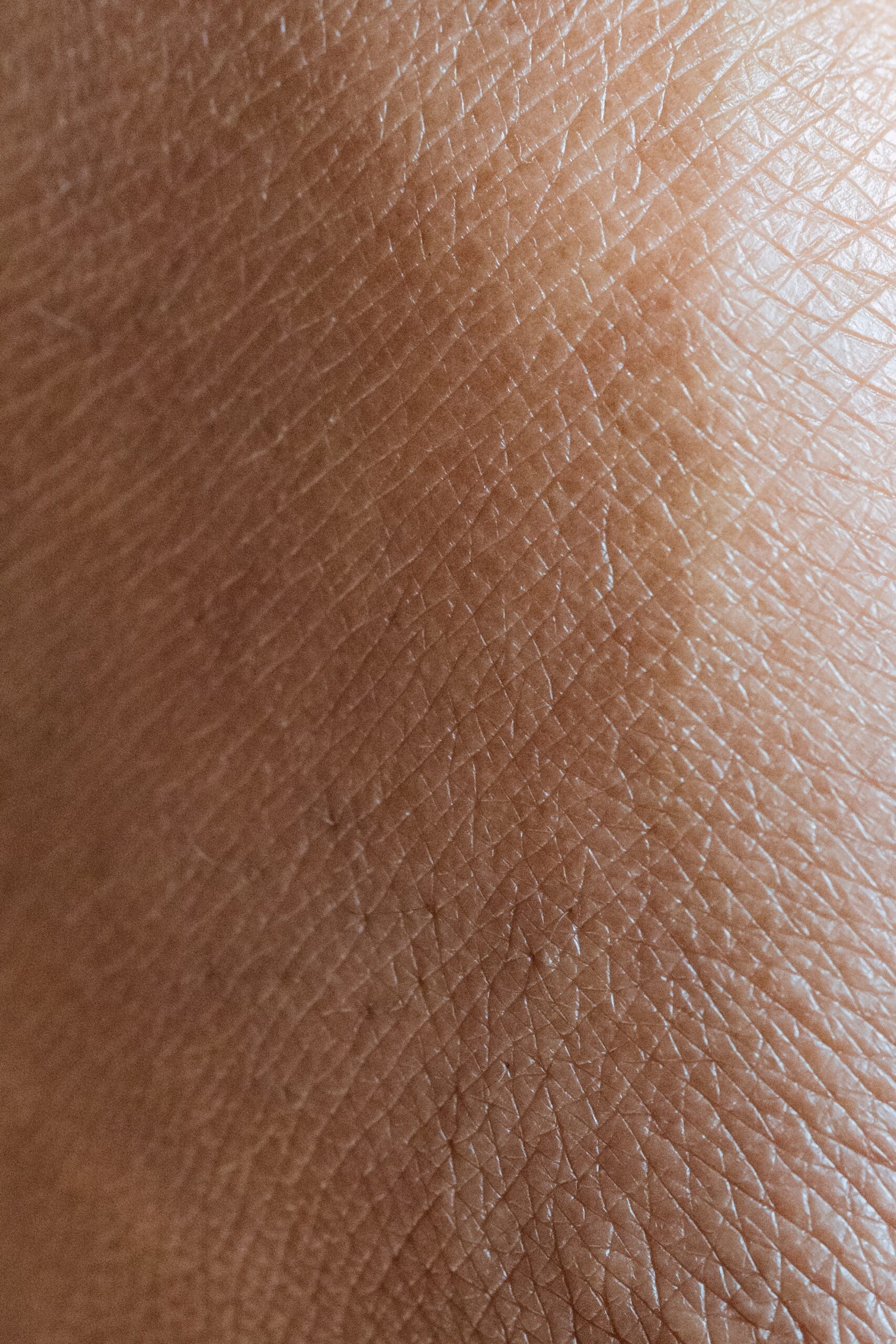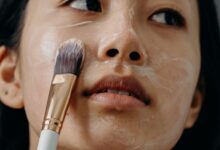Dehydrated skin can quickly become unpleasant. Tightness, redness, tingling, irritation…
The good news ? It is a temporary phenomenon and it is enough to adopt the right gestures to get rid of it and quickly find a well hydrated skin.
Discover all the natural solutions to fight against skin dehydration.
How to recognize dehydrated skin?
Dehydrated skin is a temporary condition. It is not a skin type since skin dehydration can occur in people with oily skin as well as those with dry or combination skin.
It generally occurs in the event of extreme climatic conditions (high heat or cold) or because of external aggressions such as pollution, the use of aggressive products or even emotional factors such as stress.
Cutaneous dehydration is due to the alteration of the hydrolipidic film. When the skin is dehydrated, the stratum corneum and its hydrolipidic film, responsible for limiting water loss, no longer play their protective role.
Result: the water present in the superficial layers of the epidermis evaporates too quickly and the skin lacks water.
Dehydrated skin can lead to:
- struggle ;
- tingling;
- redness;
- drought ;
- lack of flexibility;
- loss of luster;
- lines of dehydration (which disappear once the skin is hydrated again unlike wrinkles caused by skin aging).
Drink water and eat water-rich foods
To stay perfectly hydrated, our body needs a lot of water.
In general, it is recommended to drink 1.5 to 2 liters of water per day. This recommendation is all the more valid when you suffer from skin dehydration. Indeed, by properly hydrating, we maintain a sufficient quantity of water in the dermis and epidermis.
In addition to pure water, you can consume foods rich in water and minerals to perfectly hydrate your body.
We think in particular of cucumber, tomato, lettuce, watermelon or even melon. On the other hand, it is advisable to limit products that promote dehydration such as coffee, salt or alcohol.
Use vegetable oils
Vegetable oils are among the best natural solutions to fight against dehydrated skin, whether on the face or the body.
Rich in lipids, vegetable oils make it possible to regenerate and reconstitute the natural hydrolipidic film of the skin and better protect it against water loss.
To rehydrate the skin and regain more supple and soft skin, apply vegetable oils once or twice a day to the skin of the body and face.
Some of the best carrier oils for dehydrated skin include:
- Argan oil ;
- sweet almond oil;
- coconut oil;
- olive oil ;
- sunflower oil ;
- avocado oil;
- jojoba oil;
- macadamia oil;
- borage oil;
- hemp oil;
- shea butter;
- etc.
Apply aloe vera gel
Aloe vera gel, a source of minerals, enzymes, vitamins, amino acids and trace elements, is a moisturizing agent with multiple virtues which, applied daily, rehydrates the skin:
- It compensates for water loss from the skin;
- It seals in hydration by retaining water in the dermis;
- It stimulates skin repair;
- It regenerates the skin and makes it possible to make disappear the wrinkles of dehydration;
- It soothes redness, irritation and feelings of discomfort linked to skin dehydration;
- It protects the skin from external aggressions by acting as a protective film against the sun, wind, pollution, etc.
Make a homemade moisturizing mask: the recipe
If you have dehydrated skin, in addition to using vegetable oils and aloe vera gel daily, you can also apply a moisturizing mask once a week to rehydrate and rebalance the epidermis.
There are a multitude of recipes for making a mask for dehydrated skin. Here are some examples:
- A moisturizing mask based on cucumber and natural yogurt: cut half a cucumber, mix the pieces with natural yogurt and leave to cool. Apply to the skin (avoid the eyes and sensitive areas such as mucous membranes) for about twenty minutes and rinse with clear water;
- A moisturizing mask with banana and natural yogurt: the recipe is the same as the previous one;
- A moisturizing mask with avocado and olive oil: mix the previously crushed avocado flesh with olive oil. Apply directly to the skin for about twenty minutes and rinse with cold water.
Make an oatmeal bath
Oat milk is a natural moisturizer that soothes, softens and softens the skin. Thanks to its lipids and water-absorbing agents, oats fight against dehydration and soothe irritated skin. It can be used in addition to the other products mentioned above.
To take advantage of the benefits of oats against dehydration, you can make an oatmeal bath.
To do this, all you need to do is:
- place the equivalent of a coffee cup of ground oats or oatmeal in a sterile compress;
- wrap it in tulle or insert it in a closed washcloth (to act as a chaplain);
- put it in the hot water of your bath;
- stay at least 10 to 15 minutes in the bath.
You can also infuse the oatmeal beforehand and strain it to then pour the milk into the hot water of the bath.
If you don’t have a tub, there’s nothing stopping you from using oat milk topically using a cotton ball.
- bridge
- Allergies (overview)
- Achluophobia : all about the fear of the dark
- At what age can you do bodybuilding?
- Fatigue in the morning: causes and remedies

